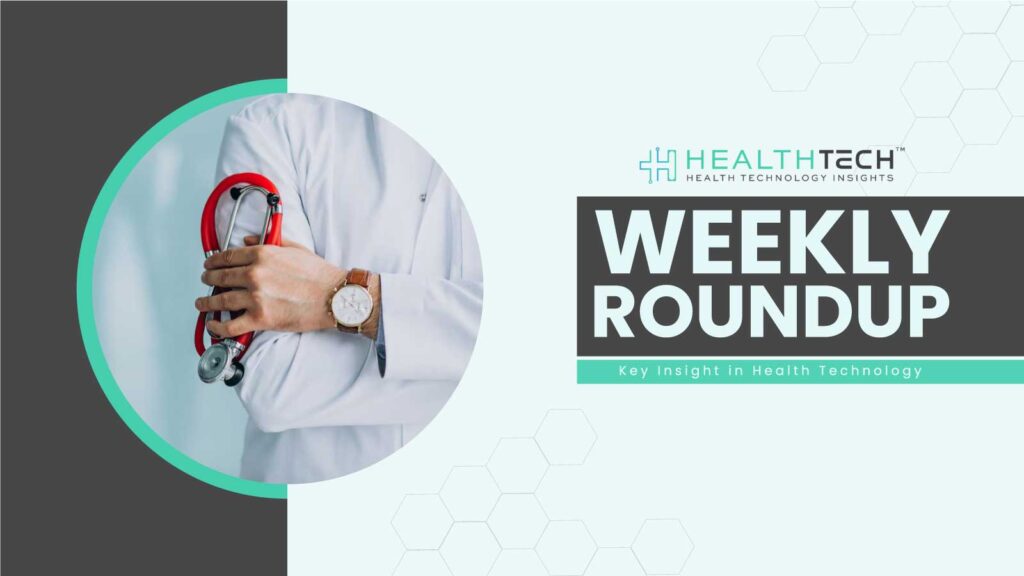Dementia is a major issue in Singapore that often goes unnoticed, with many people unaware they may be affected. The Well-being of the Singapore Elderly (WiSE) 2023 study found that 51.5 percent of dementia cases remain undiagnosed. This is concerning because nearly 45 percent of these cases could be prevented or delayed through early lifestyle changes. To address this challenge, the National University Health System (NUHS) secured SG$2.33 million in funding from the Singapore Ministry of Health via the National Medical Research Council. This grant supports a project called IMPROVE-COG, which combines artificial intelligence, community collaboration, and international expertise to shift focus from late diagnosis to ongoing brain health management.
Health Technology Insights: Stacy Giles Named COO of Greater Boston Urology
Dr Tan Li Feng, Senior Consultant at Alexandra Hospital and lead investigator of the project, explains that dementia is frequently overlooked in Singapore. Many older adults and their families mistakenly believe memory loss is a normal part of aging and do not realize early help is available. Additionally, with smaller families and more seniors living alone, recognizing early signs of cognitive decline becomes more difficult, often leading to delayed interventions. Another barrier is the underdiagnosis of dementia. Dr Benjamin Tan, Consultant at National University Hospital and co-leader of the project, points out that dementia symptoms can be missed during hospital stays. For example, a patient admitted for pneumonia might show signs of cognitive decline in social workers’ or therapists’ reports but never receive a formal assessment. Fragmented patient records across different healthcare visits also complicate accurate diagnosis.
Health Technology Insights: Merz Begins Phase III Trials of XEOMIN for Migraine Prevention
To tackle these issues, the NUHS research team, including experts from Ng Teng Fong General Hospital’s Health Services Research & Analytics unit, is developing an AI-powered large language model using anonymized clinical data from the DISCOVERY AI platform. This tool will analyze medical records to identify individuals at risk of mild cognitive impairment and dementia. The aim is to offer an affordable and scalable solution for early detection and population health monitoring. Dr Andrew Makmur, Group Chief Technology Officer at NUHS, emphasizes that this platform will enhance data visualization and enable earlier and more accurate identification of dementia, which can improve patient care. The team will also collaborate with Professor Teo Hock Hai from the NUS School of Computing to apply Geographic Information Systems in studying environmental and social factors linked to brain health, helping create more targeted and equitable healthcare interventions.
Aligned with Singapore’s Healthier SG initiative, the project will launch Asia’s first digital Brain Care Tool. This tool includes the Brain Care Score, which provides a comprehensive assessment of brain health by monitoring physical, lifestyle, and emotional factors such as blood pressure, sleep quality, social engagement, and stress. It evaluates 12 modifiable risks connected to brain diseases like stroke and late-life depression. The Brain Care Coach is an AI-powered assistant that offers personalized advice and encouragement to help users adopt brain-healthy behaviors like exercising, eating well, and quitting smoking. Originally developed by Brain Care Labs at Mass General Brigham and Harvard Medical School, the Brain Care Score is a vital part of the Global Brain Care Coalition’s goal to reduce dementia, stroke, and depression by 30 percent worldwide by 2050. The NUHS team is adapting this tool for Singapore with community input to ensure it is culturally relevant and accessible to people of all ages and digital abilities. Partners include Health District @ Queenstown, St Luke’s Hospital, and Yong En Care Centre, with plans to extend the program through the National Healthcare Group.
Dr Tan Li Feng states the long-term vision is to combine the AI screening model with the digital Brain Care Tool to provide ongoing brain health support in community settings. She highlights that dementia affects not only individuals but also families and the wider community. By closing gaps in detection and care, the initiative hopes to give more people the opportunity to age with mental clarity and a sense of purpose. The core aim of this project is to empower individuals to take control of their brain health. By offering accessible, personalized, and informative tools, the program seeks to inspire people to prioritize brain care throughout their lives and enhance overall cognitive well-being.
Health Technology Insights: Canarys Launches Auryis: AI Compliance for Pharma and Life Sciences
To participate in our interviews, please write to our HealthTech Media Room at sudipto@intentamplify.com



